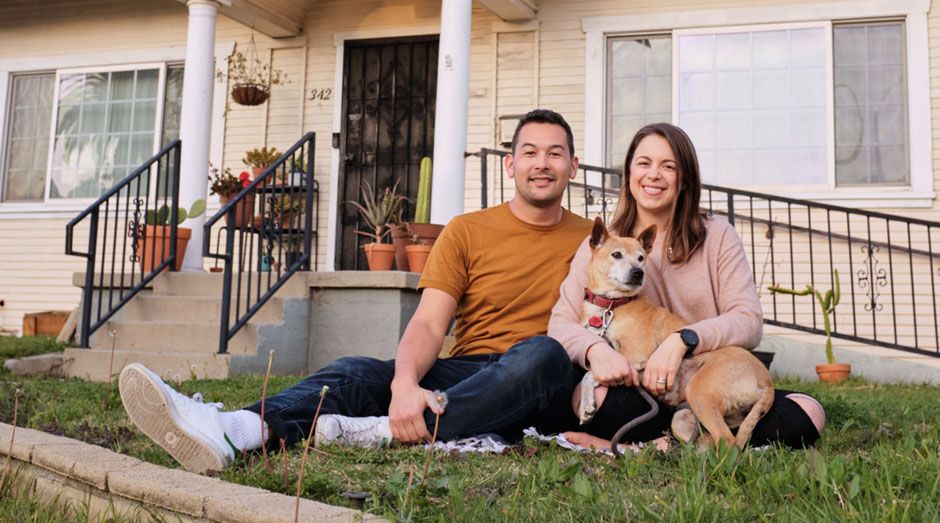
Answer According to Zillow, buying a home takes about six months on average — about 4½ months to find the right home and another 30 to 60 days to close. More homes tend to be listed for sale in the spring and early summer, but you may face less competition (and lower prices) if you buy during winter.
However, many factors can affect the timing.
Check your credit score.
If you need to improve your credit score to qualify for a better loan, you’ll need weeks or even months. Save money for your down payment and start pinpointing the kind of home you want, where you’d like to buy and how much you can spend.
Mortgage preapproval letter: about one week
Getting preapproved for a mortgage of a certain amount gives sellers some assurance that working with you will go smoothly if you make an offer on their home. To get preapproved, you’ll need to submit your financial details, such as proof of income, to a lender. The lender will verify your information and give you a letter laying out the amount they estimate they can lend you.
Home search: One month to six months or more
Many homebuyers choose to work with a real estate agent or broker to expedite their search. Finding a home you want to buy can take time, especially if the market is tight or you have very specific needs for the house, such as being in a certain school district or having an accessory dwelling unit.
The offer: One week or (many) more
An offer letter communicates to the seller how much you’re willing to pay and terms such as who will pay the closing costs and any contingencies. Sellers may get multiple offers and take time to consider them. A seller can accept your offer, reject your offer or make a counteroffer. Generally, a seller will reply within three business days, but there’s no “rule” about how long it might take. This step may take more time if you and the seller bargain back and forth or if the seller is waiting for other offers. You may have to make offers on multiple homes before one is accepted.
Prepare for closing: One month or more
Closing the deal — the transfer of money and house — can take about a month or two and involves many steps.
Once your offer has been accepted, you need to get your loan approved by your lender.
The lender will have the home appraised to make sure the home is worth the amount of your loan.
You’ll usually schedule a home inspection. A home inspector produces an in-depth report evaluating the condition of the home’s structure, mechanical systems and safety features.
Your lender will verify your financial information as part of underwriting your loan. You’ll receive a closing disclosure from your lender once your loan is approved. It contains the terms of your loan, your annual percentage rate, projected monthly costs and closing costs. According to the Consumer Financial Protection Bureau, the lender is required to send this to you at least three business days before your closing date.
Closing: A few hours
The big day! A closing is where you sign all the paperwork finalizing both the loan and the home purchase. You hand over your down payment and the money for closing costs and officially become a homeowner. Closings usually happen in person, but online closings may be possible in some states.
Farmers Home
Insurance
Find out why home
insurance from
Farmers is a smart
choice.
The information contained in this page is provided for general informational purposes only. The information is provided by Farmers® and while we endeavor to keep the information up to date and correct, we make no representations or warranties of any kind, express or implied, about the completeness, accuracy, reliability, suitability or availability with respect to this article or the information, products, services or related graphics, if any, contained in this article for any purpose. The information is not meant as professional or expert advice, and any reliance you place on such information is therefore strictly at your own risk.
Related articles



